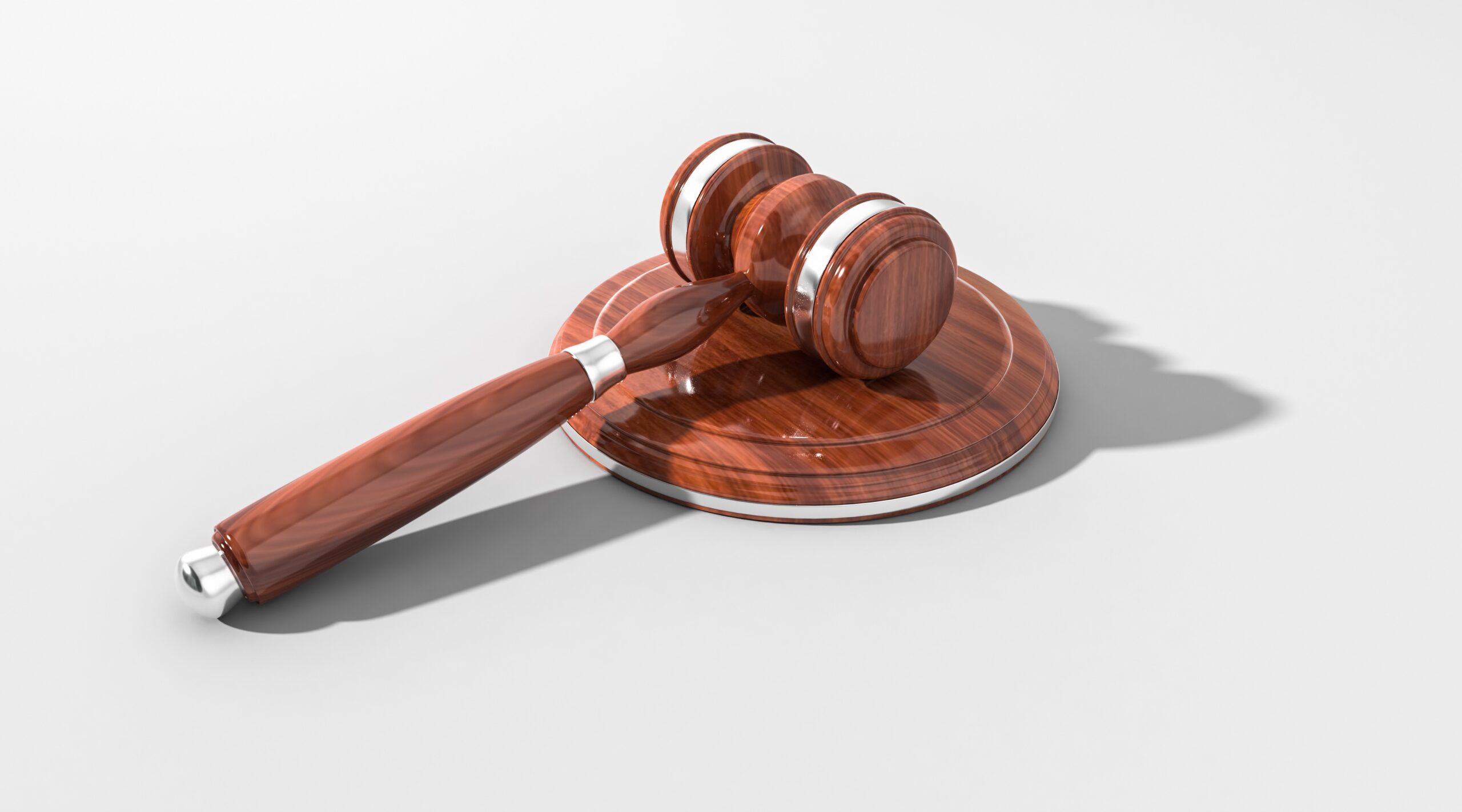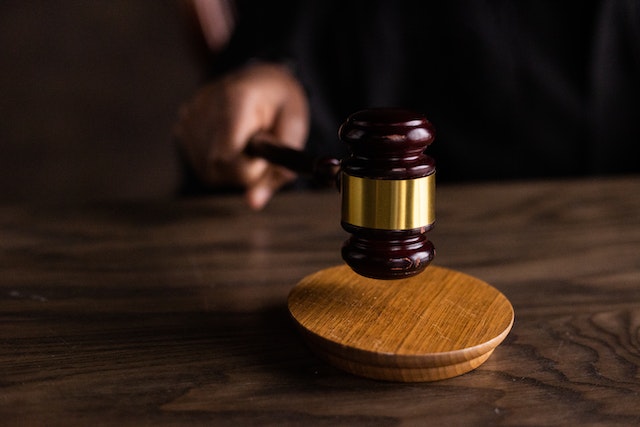When you file for bankruptcy, it can be a tedious, time-consuming, and often grueling process. However, it can help alleviate a considerable amount of debt and anxiety surrounding your finances. Unfortunately, if you find yourself in a position where you are considering filing for a second time, you may wonder if there is a waiting period or limit on how many times you can initiate this process. If you are ready to file for bankruptcy a second time, the following blog explores what you must know about the limits on this process and the importance of working with Franklin County bankruptcy lawyers to explore your legal options.
How Frequently Can You File Bankruptcy in Ohio?
Generally, you should note that there are no legal limits to how many times you can file for bankruptcy. However, there are time limits imposed that you must adhere to if you wish to obtain a discharge at the end of your case. This is to prevent those who just recently received a discharge from accumulating massive debt and immediately re-filing to have it all discharged again.
The time limit imposed will depend on the chapter you’ve previously filed, as well as the chapter you intend to file. As such, the time limits are as follows:
- Chapter 7 to Chapter 7: Eight years
- Chapter 13 to Chapter 13: Six years
- Chapter 7 to Chapter 13: Four years
- Chapter 13 to Chapter 7: Two years
As mentioned, you can file as many times as you wish, though you will need to adhere to the limits in order to receive a discharge. This means you can technically file for bankruptcy without receiving a discharge, which is generally not recommended.
Can Multiple Filings Be Considered Abuse of the System?
Despite the fact that you are permitted to file for bankruptcy as many times as necessary, it’s important to understand that continually filing could be considered bankruptcy abuse. As such, if you file for a second time in a short period, the court will examine a number of factors to determine whether or not your case is legitimate.
One of the most important things that the courts will consider is your financial management. If you continually incur new debt right after filing, the courts may determine that you are simply looking to discharge these debts without making any effort to repay them or accept responsibility for your actions.
Additionally, the court will look to see if you’ve made any other attempt to seek relief for the debt you are in, such as negotiations with creditors, debt consolidation, or attempting a debt management plan. Typically, bankruptcy should be a last resort when all other efforts to repay these debts have been exhausted.
As you can see, these matters are incredibly difficult to navigate. That is why it is critical to connect with Cousino & Weinzimmer LLC. Our team can assist you through these difficult matters to help you receive the relief you need. Connect with us today to learn how we can represent you during this process.




